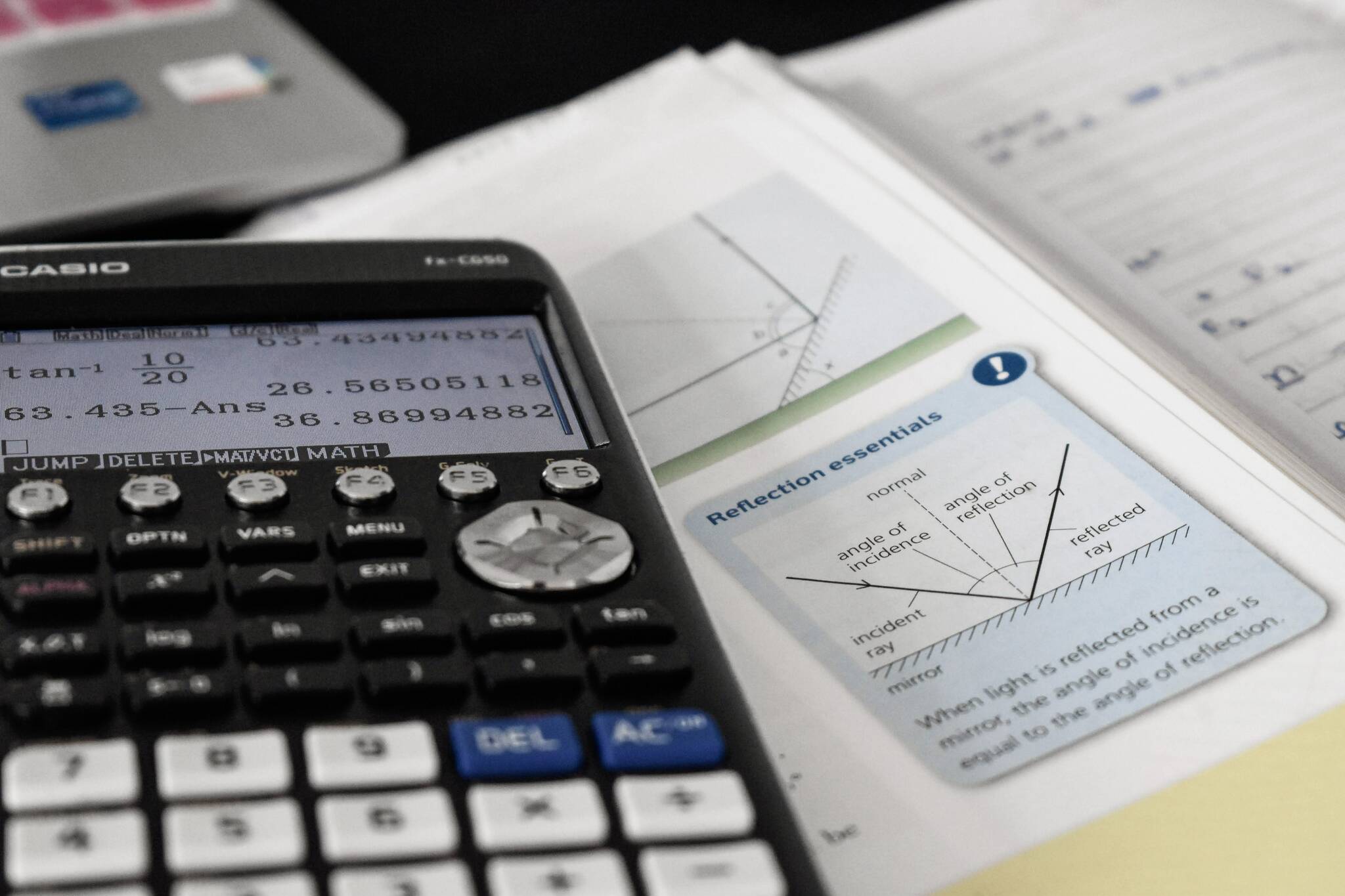Math is weird.
I could stop right there and feel like I’d made a profound statement about our earthly reality, but my editor might not like that. Let me elaborate…
Sometimes math doesn’t make sense conceptually. For instance, I just turned sixty (don’t tell the AARP people—I’m not emotionally ready to sign up yet.) I am sixty years old, but I’m living in my seventh decade. Born in the 1960s, living in the 2020s—I count seven, don’t you? Last I looked, a decade has ten years in it, so seven decades would be seventy years. It’s even weirder for my oldest kids, who were born in the 1990s and are now in their early twenties. They are living in their fourth decade, but they’re nowhere close to forty. Math is weird.
It works the same way for babies. After their first birthday, they are one year old, but they are in their second year of life. Why don’t we say they are two? I’m so confused.
Then there’s the concept of ancestors and descendants. We each have two parents, who each had two parents, who each had two parents, and on back through the mists of time and human history. The number doubles with each generation the farther back you go. Let me take a stab at the math. Let’s say each generation is twenty-five years on average. Going back two hundred years from the time of my birth, a fairly short time in human history, I personally would have one thousand twenty-two ancestors in that time frame. Five hundred and twelve of them would have been living in 1762, two hundred years before I was born, assuming they didn’t succumb to the plague. There were 3.13 billion people in the world in 1962 when I was born, according to my scholarly internet research. If my calculations are correct, the number of all of their ancestors would equal a total of 1.6 trillion people roaming the earth two hundred years earlier in 1762. I don’t think that’s right. That same exhaustive internet research indicates a world population of closer to 800 million in 1762. That’s a pretty big margin of error. Math is so weird.
We have to remember that math is a concept which might not translate into physical reality. Take the infinite divisibility concept. If I take an object and divide it in half, and then divide that half of it in half and so on, I will never get that object down to non-existence. That’s what math people say. I can guarantee you that’s not true in real life. Let’s say that object is a cookie. I divide it in half and give half to one kid. Then I take the other half and divide it into two parts and give one part to my second kid. I have one part left to divide between myself and the third kid. First of all, that third kid, probably the youngest, is extremely salty that they got so much less than the first kid, their oldest sibling. I can launch into my spiel about how we don’t live in the fair world, but that won’t help in the slightest. Will the third kid even allow me to divide the tiny bit of cookie left into two parts for them and me? I doubt it. Will there be anything left to divide in half once again? Absolutely not. Math can’t exist in the real world.
Except…
Cooking is one area where math actually makes the quantum leap into the real world. You have to know how fractions work if you want to double a cookie recipe in order to placate that youngest child who feels cheated by the infinite divisibility experiment. If you mess up on the math here, your cookies could turn out as salty as that unhappy kid. You can observe geometry in motion in your apple pie, although the chances of achieving a perfect circle are slim to none. Rest assured that knowledge of the properties of pi are not needed to produce a tasty pie.
So, have fun with math if you want to. Play with fractions and geometry while satisfying your sweet tooth in the kitchen. Blow your mind a bit thinking about human history and demographics through a mathematical lens. Just remember—math is weird.
• Peggy McKee Barnhill is a wife, mother, and author who writes cozy mysteries under the pen name “Greta McKennan.” She likes to look at the bright side of life. “Gimme a Smile” appears monthly on the Juneau Empire’s Neighbors page.

